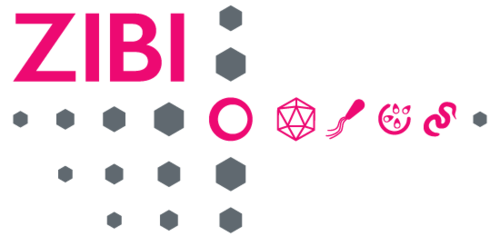Data Analysis Workshop with Dr. Rick Scavetta
You will notice this is not a statistics course but focused on using R. To benefit from the workshop, you should have a clear question in mind what to tackle using R. Further, you should work on a data set that is important for your lab research. Thus, bring your own data to class as this will be integrated into the workshop.
| Start | Sep 07, 2020 | 09:00 AM |
|---|---|
| end | Sep 09, 2020 | 05:00 PM |
The Data Analysis workshop enables laboratory-based life scientists to use the R statistical programming environment to analyse their own data. R is an open-source cross-platform software tool that combines data manipulation, statistical modelling and visualisation. This workshop will focus on data manipulation and biostatistics modelling using relevant examples from the life sciences. Using plenty of hands-on exercises, participants will learn about different data structures and functions in R, how to manage and ask specific questions of their data, and use the results of statistical tests. Programming capabilities that make R well-suited to data manipulation will also be introduced.
Basic visualisations will be covered, but will be treated in more depth in the separate Data Visualisation workshop. The three-day Data Analysis workshop allows for advanced topics to be explored in more detail. This includes advanced data management packages and concepts as well as automating common work-flows via scripting and an introduction to control structures. The three-day workshop also affords more time for students to work on their own data, with the goal of developing data analysis solutions as part of the workshop.
Requirements
The workshop takes a practical, hands-on approach to learning data analysis, but does not set-out to teach biostatistics. The implementation of basic descriptive statistics, in addition to estimation and inference methods and linear models, will be covered. Participants should be comfortable with computing and be familiar with basic biostatistics to take full advantage of the workshop. Participants are strongly encouraged to bring in their own data sets.
